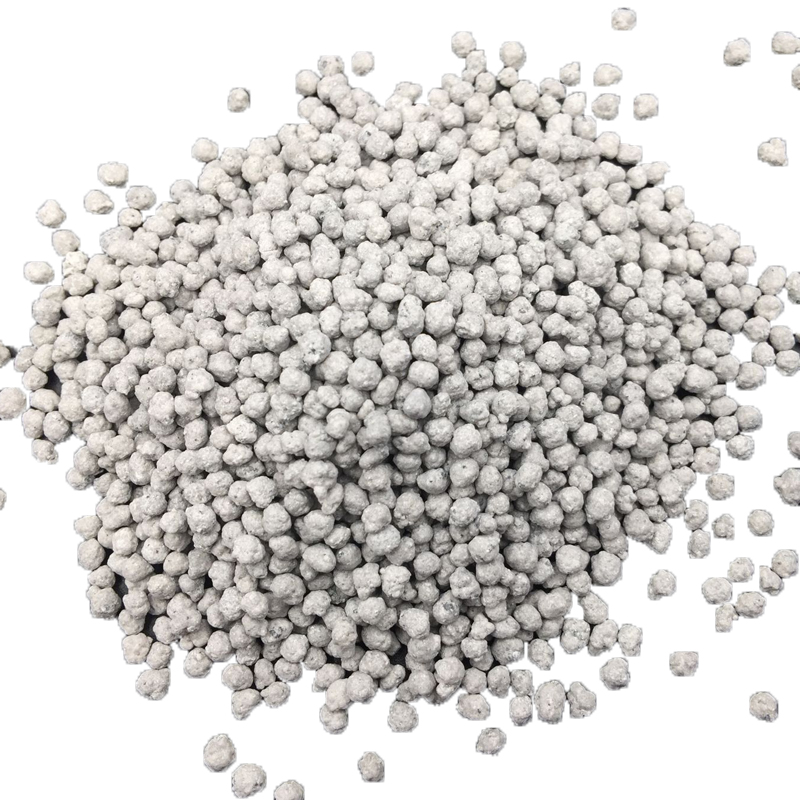
Des . 01, 2024 20:20 Back to list
Amino Acid Fertilizer Production Facilities and Their Role in Sustainable Agriculture
The Role of Amino Acid Fertilizer Factories in Sustainable Agriculture
In recent years, the focus on sustainable agriculture has gained momentum as the global population continues to rise, increasing the demand for food production. One innovative approach harnessed by farmers is the use of amino acid fertilizers, which are produced in specialized factories. These fertilizers are derived from organic materials through enzymatic hydrolysis, making them a more environmentally-friendly option compared to traditional chemical fertilizers.
Amino acids are the building blocks of proteins, and they play a crucial role in many biological processes. In the context of agriculture, amino acid fertilizers provide essential nutrients to plants, enhance their growth, and improve their resistance to stressors such as drought and pests. Factories dedicated to the production of amino acid fertilizers utilize advanced biotechnological methods to extract amino acids from various protein sources, including plants, animal by-products, and microbial biomass.
One of the primary benefits of using amino acid fertilizers is their ability to promote soil health. Unlike synthetic fertilizers, which can degrade soil quality over time, amino acid-based products contribute to the organic matter in the soil. This enhances soil structure and fertility, ultimately leading to improved crop yield and quality. Furthermore, they stimulate beneficial microbial activity in the soil, which is essential for nutrient cycling and the overall ecosystem balance.
Amino acid fertilizers are also known for their high bioavailability. This means that plants can readily absorb these nutrients, making them more efficient than traditional fertilizers, where a significant portion may be lost to leaching or runoff. Consequently, farmers using amino acid fertilizers can often achieve the same or better results with lower application rates, reducing their overall input costs and minimizing environmental impact.
The manufacturing process of amino acid fertilizers is highly innovative. Factories employ various methods, such as fermentation and enzymatic hydrolysis, to produce a concentrated solution of amino acids. These processes often utilize waste materials from the food industry, turning by-products into valuable fertilizers. This waste-to-value transformation aligns well with the principles of circular economy, encouraging sustainability in agricultural practices.
amino acid fertilizer factories

Moreover, amino acid fertilizers are versatile and can be used in various agricultural systems, including organic farming, hydroponics, and conventional farming. They can be applied as foliar sprays, soil drenches, or incorporated into irrigation systems. This adaptability allows farmers to optimize their use based on specific crop needs, climatic conditions, and soil profiles.
In addition to promoting crop growth, amino acid fertilizers can also enhance the nutritional quality of food. Research indicates that crops treated with amino acid-based products often exhibit improved nutrient density, leading to healthier food options for consumers. This aspect is particularly significant as consumers become more health-conscious and seek out foods that not only taste good but are also packed with essential nutrients.
Despite the numerous advantages of amino acid fertilizers, the industry faces challenges. The production process requires significant investment in technology and infrastructure, which may deter small-scale farmers from accessing these products. Additionally, there is a need for education and awareness regarding the benefits and proper usage of amino acid fertilizers in various agricultural practices.
As we look to the future of agriculture, the role of amino acid fertilizer factories will undoubtedly become more prominent. They stand at the intersection of innovation and sustainability, providing farmers with effective tools to meet the growing demands for food while preserving the environment. Investment in research and development, alongside support for small-scale farmers, can enhance the accessibility and uptake of these bio-based fertilizers.
In conclusion, amino acid fertilizer factories play a vital role in promoting sustainable agricultural practices. By producing high-quality, bioavailable fertilizers that improve soil health, enhance crop quality, and support environmental sustainability, they are poised to contribute significantly to the future of food production. As agriculture continues to evolve, the integration of such innovative solutions will be essential for feeding a growing global population while nurturing our planet.
-
10-10-10 Organic Fertilizer - Balanced NPK Formula
NewsAug.02,2025
-
Premium Organic Manure Compost for Eco Gardens
NewsAug.01,2025
-
Organic 10-10-10 Fertilizer | Balanced Plant Nutrients
NewsJul.31,2025
-
Premium Amino Acid Fertilizer | Rapid Plant Growth Booster
NewsJul.31,2025
-
10 10 10 Fertilizer Organic—Balanced NPK for All Plants
NewsJul.30,2025
-
Premium 10 10 10 Fertilizer Organic for Balanced Plant Growth
NewsJul.29,2025
